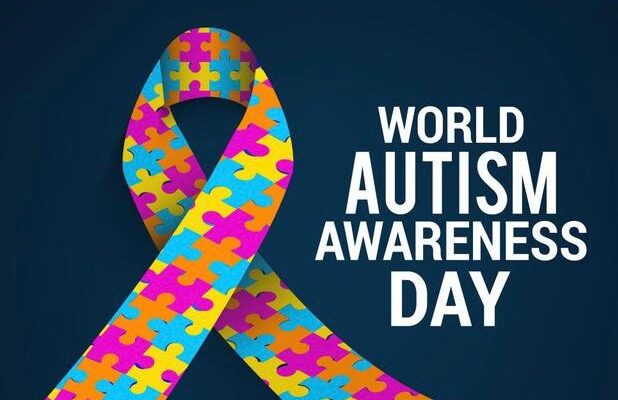April 2 of every year is special. It is the day officially designated to recognize and call to attention issues around autism in the world. It is the World Autism Awareness Day.
This tradition which began in 2008, has continued to shed light on all things autism, enlightening the public and calling attention to urgent issues needing intervention.
Read more: World Down Syndrome Day: As the search for inclusion continues by Adaoha Ugo-Ngadi
Autism is a biological reality that has confounded some. It has generated a number of myths and misinformation.
Sadly, some of these ideas have contributed to excluding people with autism, and deprived society of the colour and spice that would have been added by their inclusion.
The autism spectrum disorder has long been medically established as a developmental disability arising from differences to the brain, and manifesting in a variety of ways including difficulty in communication, poor social skills, slow developmental strides, hyperactivity and attention deficit, among others.
The median percentage of autism cases with co-occurring intellectual disability is estimated at 33 percent, with females having a higher likelihood of intellectual disability. And the prevalence has been on the rise.
It is estimated that about 100 in 10,000 (or 1 in 100) children around the world are diagnosed with autism spectrum disorder (ASD).
This is an increase from the 2012 global prevalence report which found that 62 in 10,000 children were autistic.
According to Autism Speaks, the global increase in the record of autism prevalence represents a positive.
“It reflects major improvements in public awareness and public health response to autism. Children are now more likely to be diagnosed earlier, and even underrepresented regions like Africa and the Middle East have been advancing their ability to measure autism prevalence”.
This is some progress. But as they note, “Future research will need to focus on the factors causing differences in autism prevalence around the world”.
Many within the neurodiversity community have experienced difficulties associated with the spectrum, but have also been able to make valuable contributions in many domains of society especially where meaningful support has been provided.
No wonder Rosie Tennant Doran observed that “Autism is like a rainbow. It has a bright side and a darker side. But every shade is important and beautiful”. Such are the possibilities of the spectrum!
What should be deemed meaningful support for the neurodiversity community is a carefully designed intervention based upon the understanding of the autism spectrum, the recognition of the fundamental rights of the autistic (drawn from such legal instruments as the Convention on the Rights of Persons with Disabilities, 2008), and one geared towards fostering inclusion. To this end, the focus of the 2023 Autism Awareness Day is a welcome direction.
The theme for this year is Transformation: Towards a Neuro-inclusive world for all. This theme is fitting. It emphasizes the urgent and desperate need for inclusion.
Society cannot be complete without the inclusion of all of its people. In education, health, science, community development, and all other domains, the neurodiversity community must be included. This has to be the conviction of all, our collective mandate.
In designing the plan to foster inclusion, efforts must be made to ensure that regional disparities are factored in. A one-size-fits-all approach will not cut it. Africa’s development challenges, for instance, must be considered.
Regions and countries with weaker health and social support infrastructure must be recommended an intervention design, and provided with resources that bridge the existing gaps occasioning exclusion.
We have a real opportunity to collectively foster inclusion and provide lasting support to people living with autism. They possess a treasure that only meaningful support can bring to full bloom. We must not wait!
WARNING! All rights reserved. This material, and other digital content on this website, may not be reproduced, published, broadcast, rewritten or redistributed in whole or in part without prior express permission from ZAMBIA MONITOR.












Comments